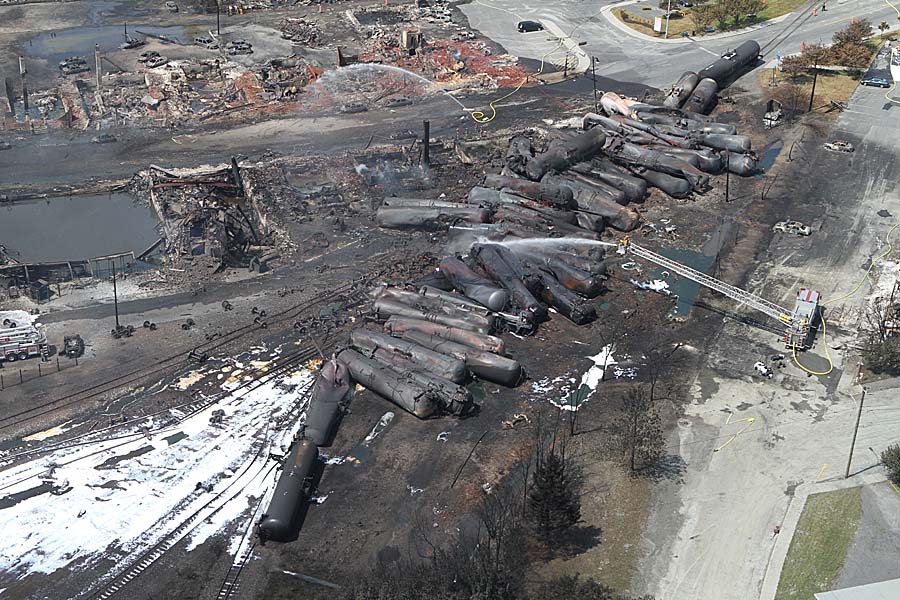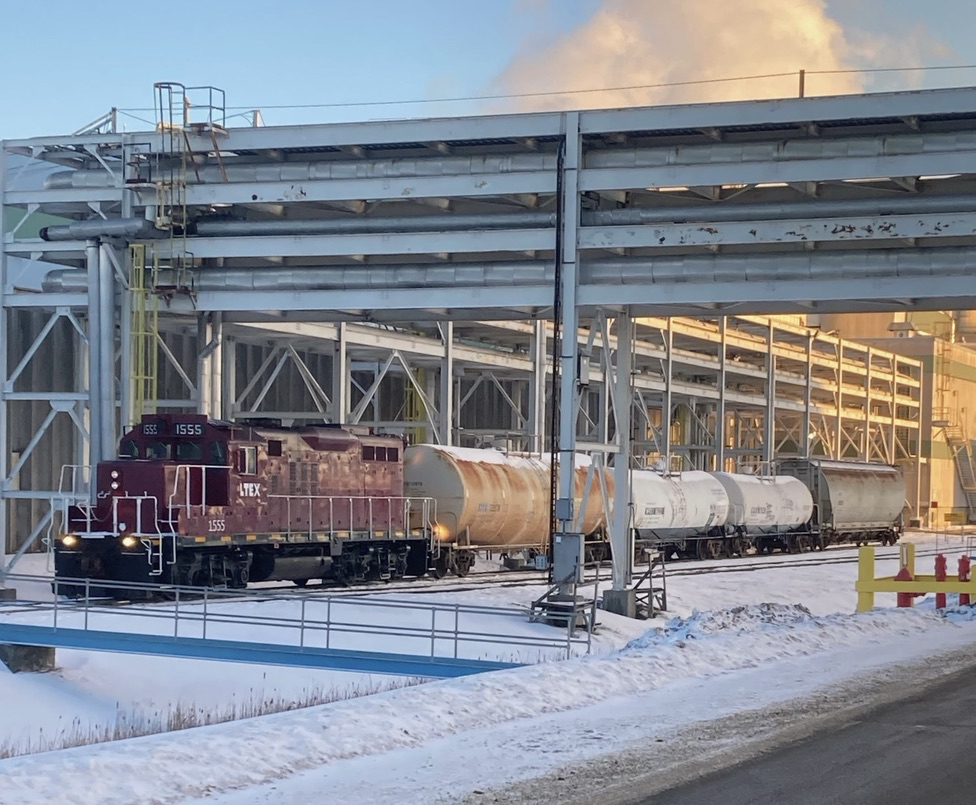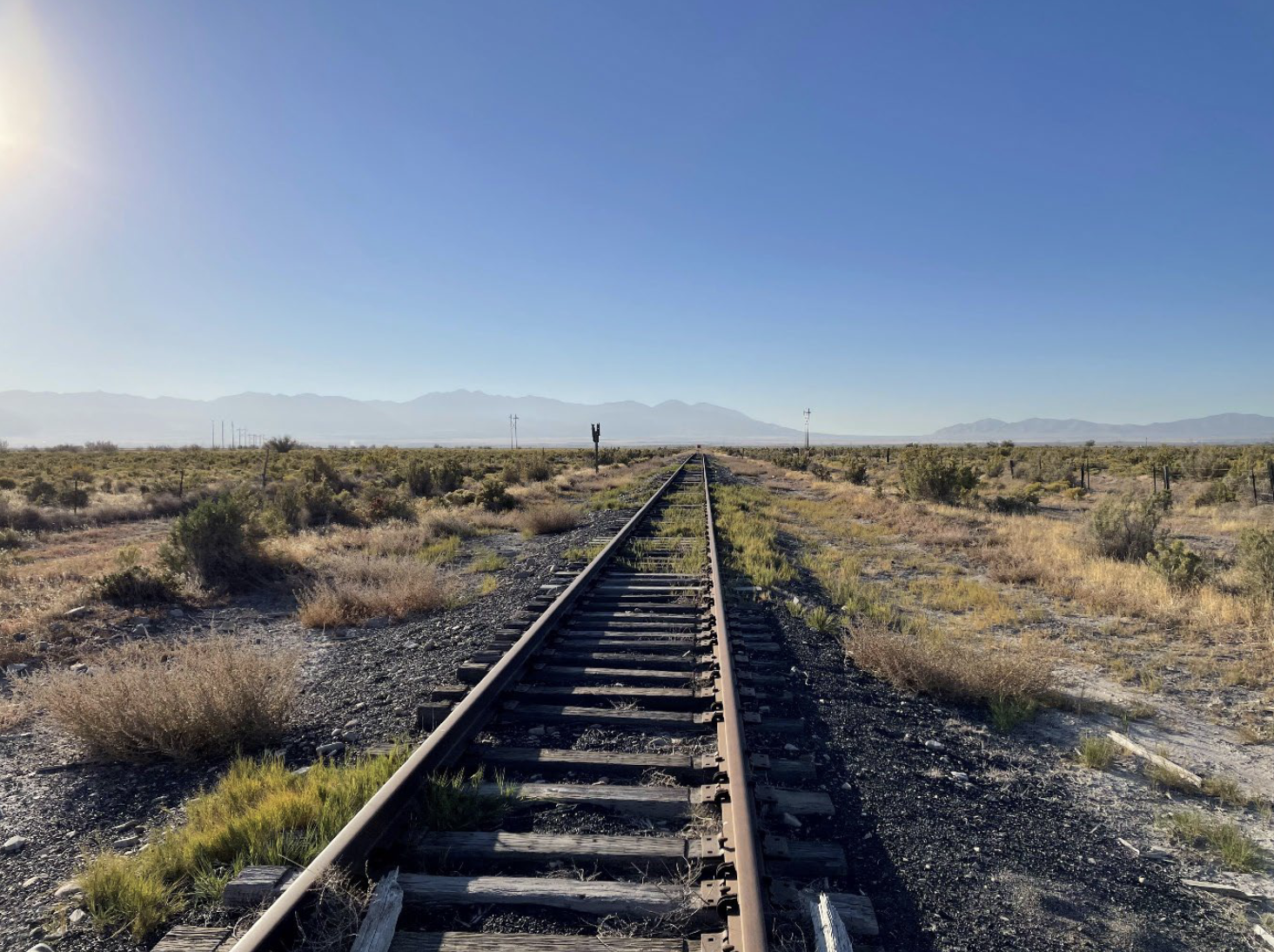
The plaintiffs in a class-action lawsuit by residents of Lac-Mégantic, Quebec, are appealing a December Superior Court decision that found Canadian Pacific was not liable in the 2013 oil-train disaster that killed 47 people in the community.
The Canadian Press reports that the three individuals involved the suit, on behalf of some 4,500 members of the class action, say CP remains a target of their action because the railroad organized the transport of the Bakken crude oil from North Dakota to its ultimate destination, a refinery in New Brunswick. They also claim that CP chose to use the Montreal, Maine & Atlantic route despite the railroad’s unsafe practices, and that the Bakken crude was not properly classified as highly volatile.
In his ruling in December, Quebec Justice Martin Bureau found the actions of which CP was accused were not the “direct, immediate, and logical cause” of the July 6, 2013, derailment and fire, and that primary responsibility rested with the Montreal, Maine & Atlantic and engineer Thomas Harding [see “Judge rules Canadian Pacific is not liable …,” Trains News Wire, Dec. 16, 2022].
While other parties were found “somewhat responsible” by Bureau, the plantiffs had ended suits against those parties after they agreed to a $430 million compensation fund for victims. Canadian Pacific did not contribute to that fund.
The appeals notice criticizes Bureau for rejecting or ignoring what it calls “credible evidence” that CP knew of the MM&A’s practice of leaving oil trains parked overnight outside of Lac-Mégantic, and that he reached an “erroneous conclusion” that Harding’s failure to properly set brakes caused the accident.
The derailment and fire followed a complex chain of events, as explained in the Transportation Safety Board of Canada accident report: the train was left parked on a grade outside of Lac-Mégantic with an insufficient number of hand brakes set. A later fire in the locomotive on the parked train led to the unit being shut down; with no air compressor to supply air to the brake system, air gradually leaked from the brake system. Eventually, the brakes could no longer hold the unoccupied train, and it rolled away, reaching speeds as high as 65 mph before derailing near the center of Lac-Mégantic, 7 miles away. Some 6 million liters (1.58 million gallons) of crude oil spilled from breached tank cars and caught fire, destroying most of downtown Lac-Mégantic, killing 47, and forcing another 2,000 from their homes.
The Canadian Press report says the news agency has learned that the Attorney General of Quebec also plans to appeal Bureau’s decision, as will most of the insurance companies involved in the case.













